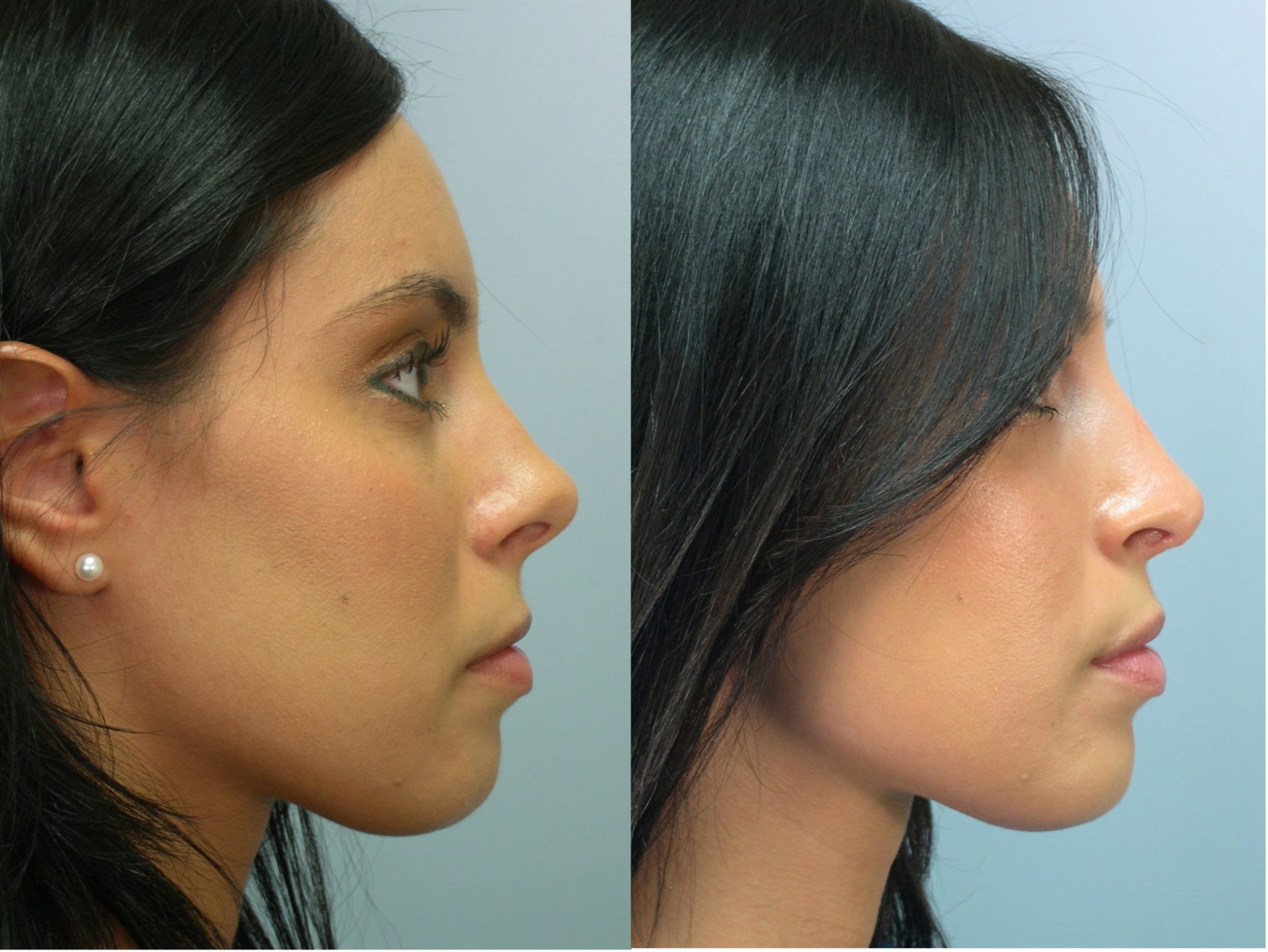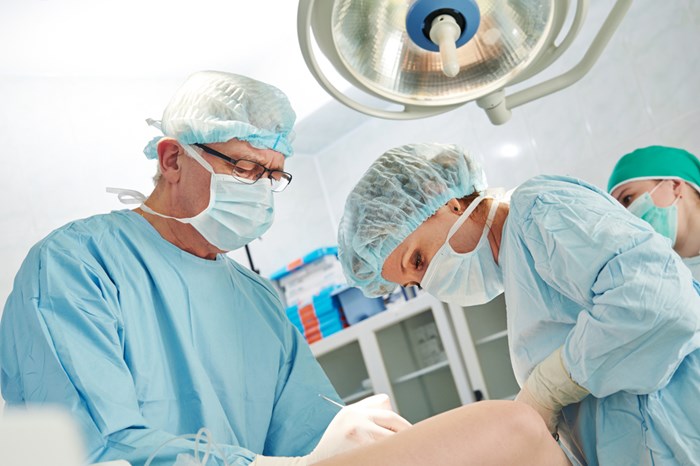
Costs for cheek implant surgery vary from one patient to the next. The following article will discuss factors that impact the cost of cheek implant surgery, such as complications, recovery times, and financing options. During the consultation, you will discuss your specific problems and cosmetic goals. Your unique body structure will determine the cost. You will also be subject to computer imaging during this consultation so you are fully informed about what you can expect.
Factors that influence the cost of a cheek implants
Although cheek implants are considered safe, it is possible to spend more money if you go for a more expensive procedure. Although the procedure is less expensive than traditional surgery, it can still be done with anesthesia or fillers. However, the results may not last as long. You may also need to have repeat sessions every six to two year, so you will have to pay more for these services.
Costs for cheek surgery vary depending on where the surgeon is located and what type of implant is used. Although the price range is between $2,400- $5,000, actual costs may vary. If lab fees are included, the cost of the procedure will go up even more. The combination of other plastic surgery procedures may be a way to save money if the procedure is performed for cosmetic purposes. A majority of plastic surgeons can offer financing options to help make the procedure affordable.

Complications
Cheek implants are placed through incisions made for other cosmetic procedures, such as lower eyelid surgery. The surgeon makes a pocket for the implant to be placed over the cheekbone and secures it with small stitches to promote healing. After 10 days, surgical stitches are gone. The incision will remain hidden within the mouth. A permanent screw may be used to fix the implant. The entire procedure will take about an hour.
There is a low risk of infection because of the inert materials used in the implants. If the implant is infected, it should be removed and re-inserted. If this is not possible to save the implant, then higher doses of antibiotics might be necessary. It is very rare to get infection after cheek implants surgery. However, infections can still occur from dental procedures. If the infection persists for more than a few weeks the implant should be removed and replaced.
Recovery time
Although the recovery period from cheek implant surgery is relatively short, the patient is advised not to play contact sports for several weeks after the procedure. There may be some swelling and tightening in the cheeks. This is due to the fact the new implant has caused the skin to be stretched. Preventative antibiotics may be required and you should avoid strenuous activity for the first few weeks following surgery. The incisions in the mouth will be completely healed within six weeks.
Patients who wish to have cheek implants should be in good physical condition. You should stop smoking and take Aspirin for at least 2 weeks before you have your procedure. They should avoid sunlight for at most two weeks. They should also wear sunscreen during this time. After the implant has healed the patient can resume normal activities. Generally, the results will be noticeable after 3 months. You may need to return for a second visit.

There are many financing options
Depending on your budget, it may be possible to have cheek implants through a patient financing company. Many patients have trouble affording cosmetic surgery, but you can get approved for a low monthly payment plan through CareCredit, which was founded in 1987. The company offers low monthly payments and special financing plans. Many patients find the approval process quick and easy. With this option, you can pay for your treatment over time, and you can have the procedure as soon as the next day.
Many surgeons offer patients the option to pay in installments when it comes to financing options. This allows you to make small payments on the total amount over two years, without paying any interest. It allows you to pay the total amount with cash. This can reduce your monthly financing expenses. However, be sure to discuss your financial situation with your surgeon before selecting a payment plan. After all, you may not have the money right away to pay for the procedure, and this can cause you to fall behind on your payments.